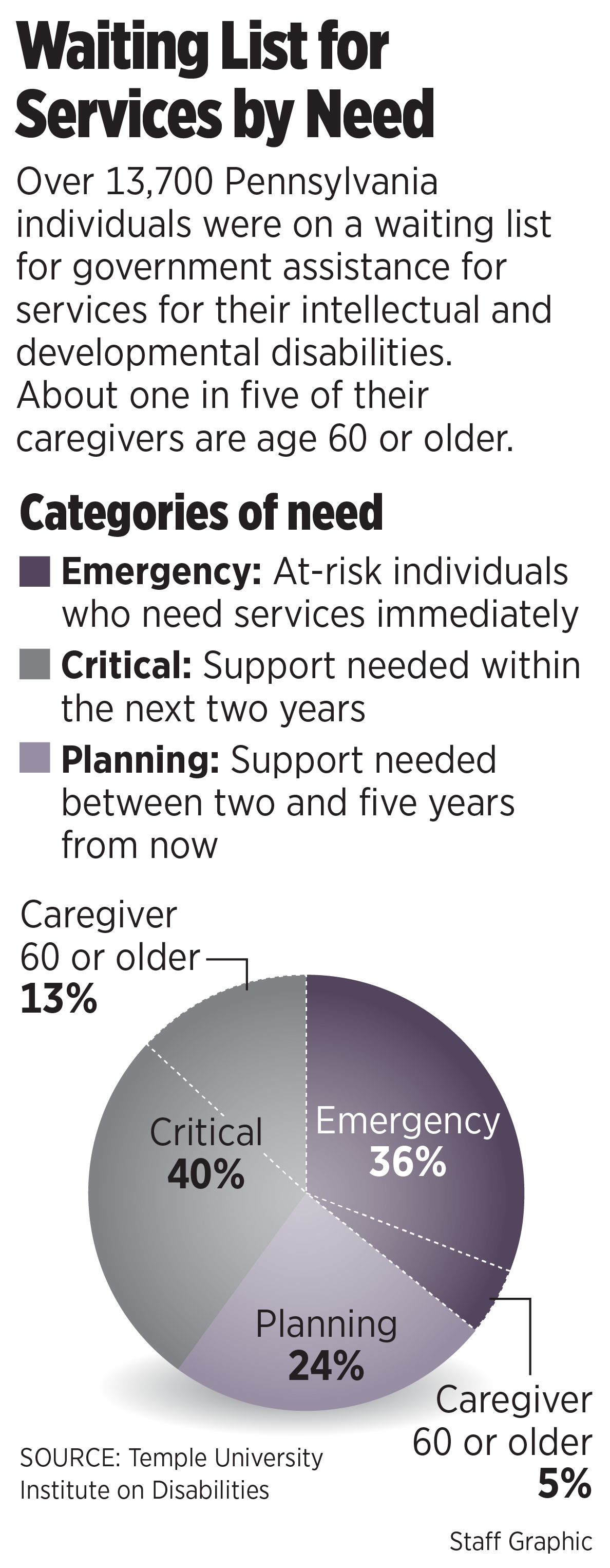When disabled people reach their 22d birthday, they no longer qualify for services under IDEA. ... People in the disability community refer to this point in life as “the cliff.” Once autistic people go over the cliff, they have a hard time getting services such as job placement, vocational training, and assistive technology. IDEA entitles students to transition planning services during high school, but afterwards, they have to apply as adults and establish eligibility for state and federal help. One study found that 39 percent of young autistic adults received no service at all, and most of the rest got severely limited services.
At the Philadelphia Inquirer, Ronnie Polaneczky has a series titled "Falling off the Cliff."
Parents of adults with I/DD followed Christina's case closely, and they called to share their own horror stories about caregiver abuse and agency incompetence. About political and public indifference to the needs of those with I/DD. About the lack of compassion and resources for elderly parents who have become too old and frail to care for their aging, impaired children. About the sudden elimination of educational options when a disabled child turns 21, a descent so dramatic and universal that parents call it "falling off the cliff."
Their stories could fill a book. But each would only nick the surface of a crisis that is barreling toward us like a tsunami: We will soon have more intellectually and developmentally disabled adults living in this country than at any other time in our history.
Advances in medical care have allowed kids born with Down syndrome, for example, to live twice as long as they did just 20 years ago. And the explosion in the number of children with autism -- one in 68 children are now diagnosed -- means we'll soon have a vast population of adults in need of services like those Christina's family had hoped would keep her safe.
Add these numbers to those of children born with the two other most common roots of intellectual disability -- Fragile X syndrome and fetal alcohol spectrum disorder -- and we have a looming social, economic, and moral crisis. What will we do about, with, and for these vulnerable adults and the families who struggle to care for them? And how much are we willing to pay for it?
